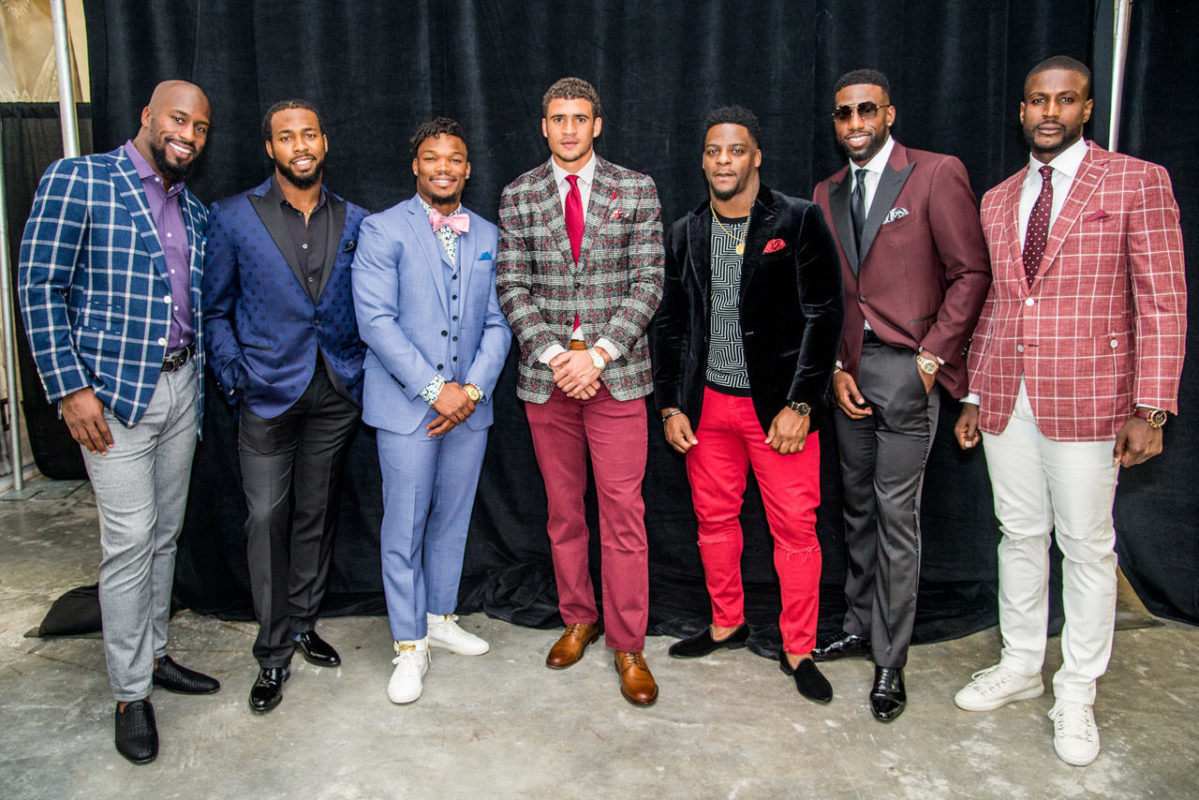
*Media Alert*
Becky’s Fund celebrates 10th Anniversary of the
‘Walk This Way’ Charity Fashion Show
D.C.-area pro athletes took to the runway in support of domestic violence prevention
Washington, D.C. (October 13, 2018) — Last night, domestic violence prevention nonprofit Becky’s Fund hosted its 10th annual “Walk This Way” charity fashion show at the historic Uline Arena (1140 3rd Street NE), featuring athletes-turned-models like Washington Redskins stars Josh Norman, Vernon Davis, Kapri Bibbs and Simmie Cobb Jr., D.C. United’s Bill Hamid, Washington Nationals’ Ryan Zimmerman, Washington Spirit’s Joanna Lohman and Estelle Johnson, Washington Mystics’ Tierra Ruffin-Prattand Redskins alum Clinton Portis.

The event – emceed by journalist and activist Noor Tagouri and WJLA’s Adrianna Hopkins, pictured left – featured clothing from menswear brand STITCHED, womenswear boutique d/eleven and jewelry by Mindy Lam, all worn by prominent Washington influencers in addition to the all-star sports lineup as they strut down the runway to beats by DJ two4our.
Walk This Way raised more than $150,000 for “Men of Code,” a program that engages and educates coaches and young male athletes to become leaders and allies in the movement to end violence against women and girls. With the proceeds from this year’s event, Becky’s Fund is able to bring the program to three additional schools in 2019.
The 10th anniversary fashion show brought together the event’s top sponsors including Verizon, Audi, JSON Art, PMSI, Douglas Development, Whitestar Investments and more.
Attendees sipped specialty drinks provided by Breakthru Beverage, Terlato Wines and Peroni and noshed on gourmet food sponsored by Profish, Ivy City Smokehouse and Capital Meat Company, in addition to exquisite bites and desserts prepared on-site by some of D.C.’s most reputable chefs, such as Scott Drewno from RAMMY Restaurant of the Year CHIKO, Maziar Farivar of Peacock Cafe, Jonathan Dearden of Radiator, Jake Addeo of Occidental Grill, Ron Goodman of Ivy City Smokehouse and Philip Thompson of Harth and Rappahan
All jewelry worn on the runway was designed by Mindy Lam of Mindy Lam Couture. A survivor herself, Mindy Lam teamed with Becky’s Fund for a Victim to Victor collection raising money and awareness for domestic violence.
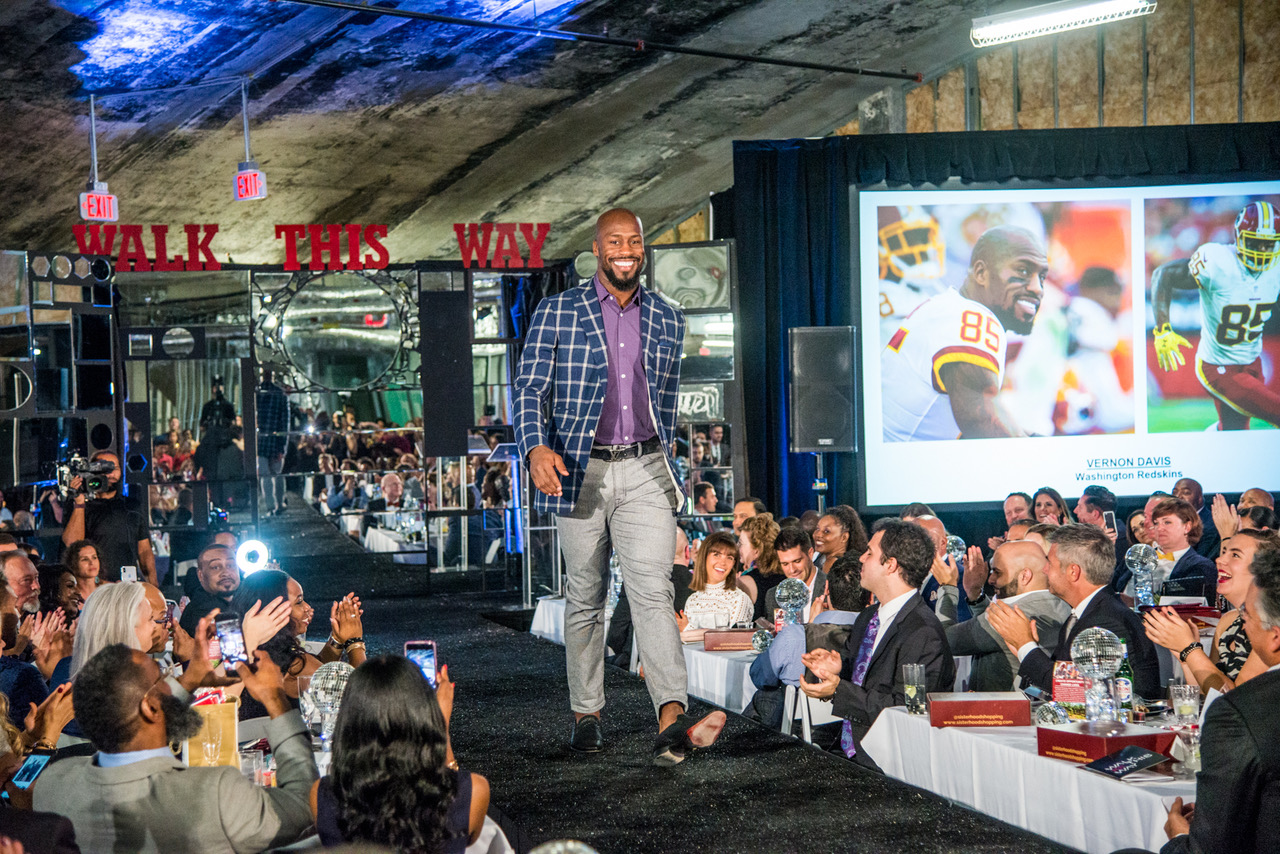
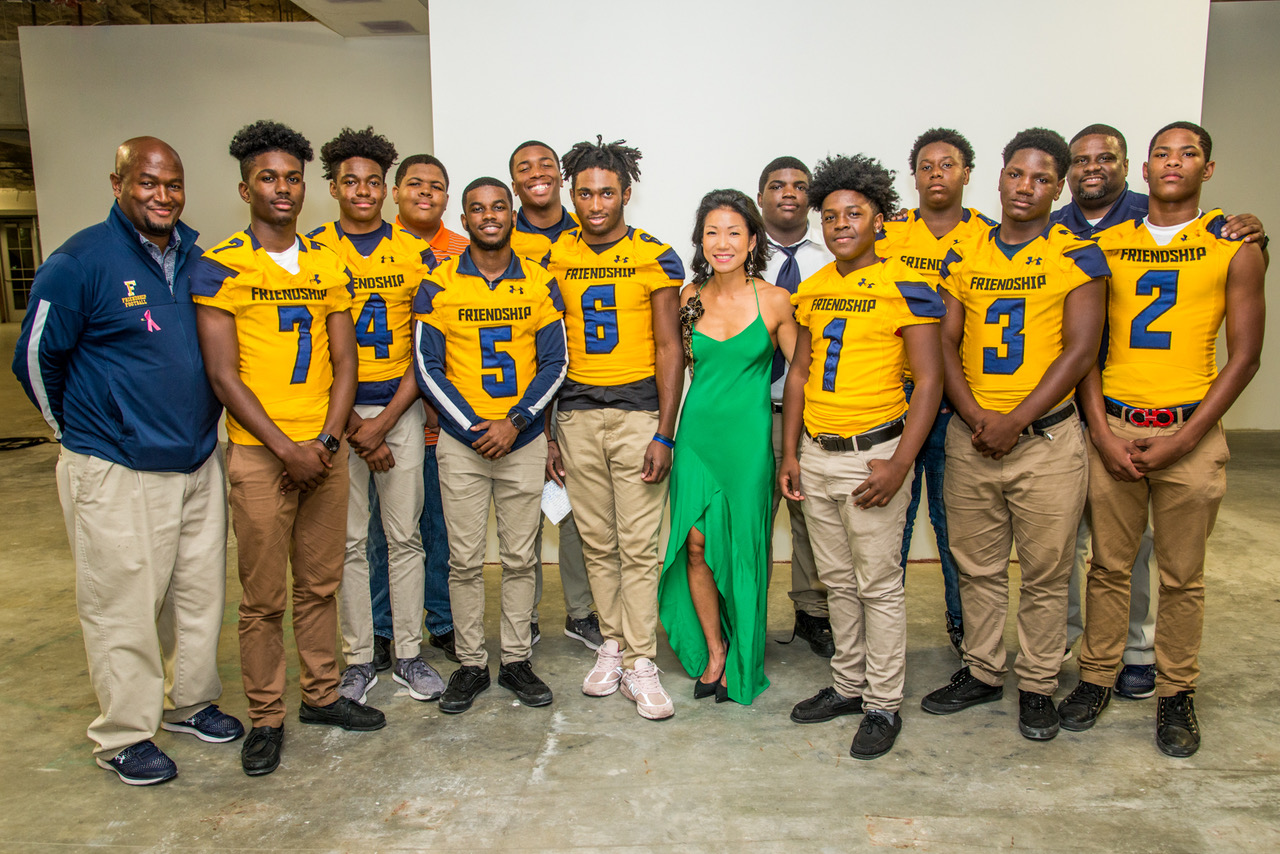
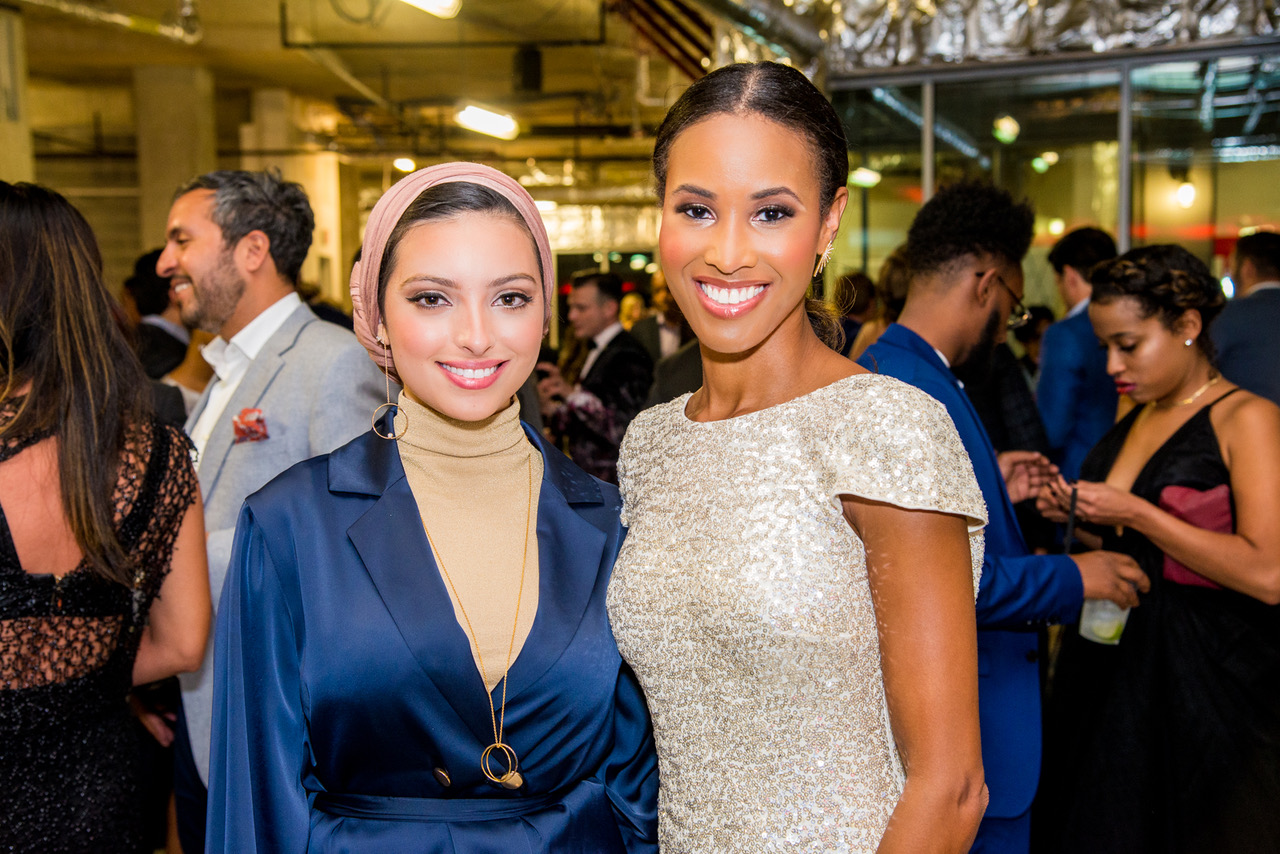
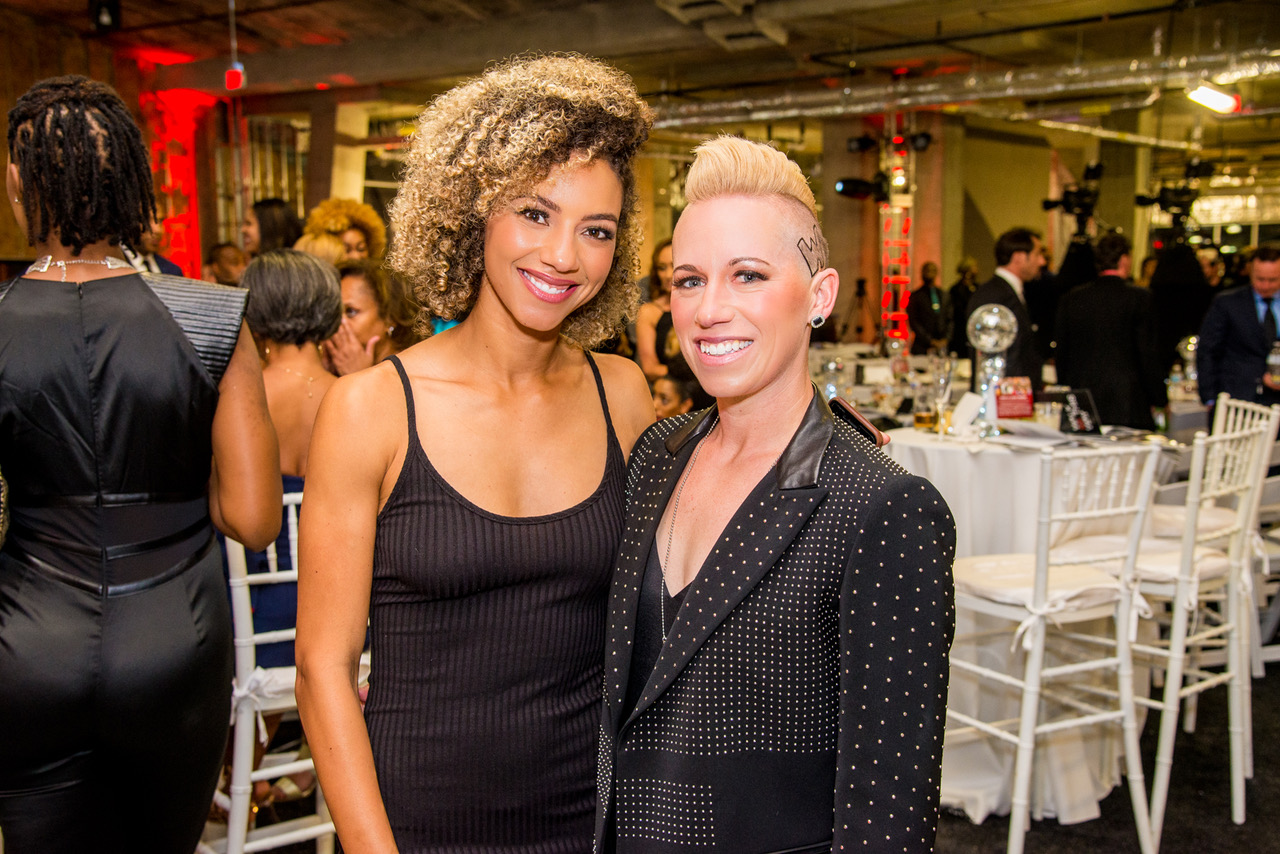

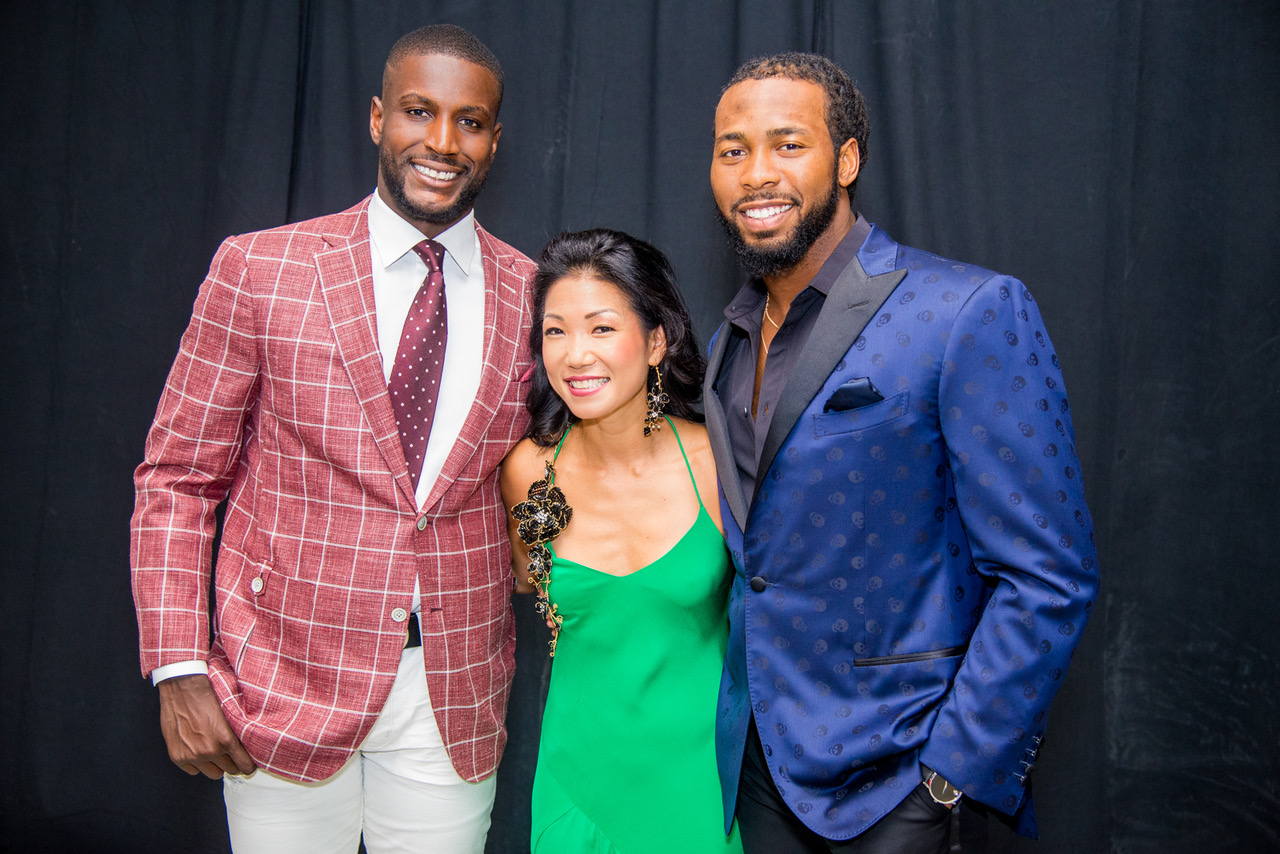
ABOUT BECKY’S FUND:
Becky’s Fund is a nonprofit organization committed to the prevention of domestic violence by creating awareness, encouraging advocacy among peers, promoting activism through outreach programs and providing support for victims. www.BeckysFund.org.
PRESS CONTACT:
For all media inquiries, including additional high-res imagery and additional information, please contact Maha Hakki of MoKi Media: maha.hakki@mokimedia.com. 703.973.7075.


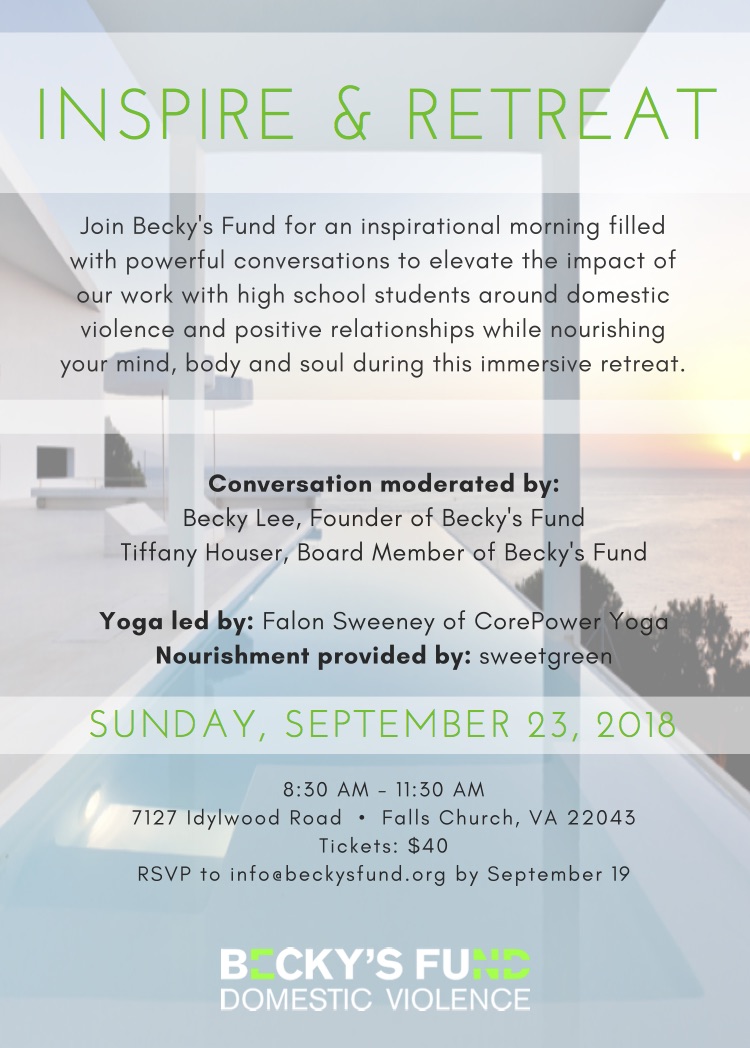

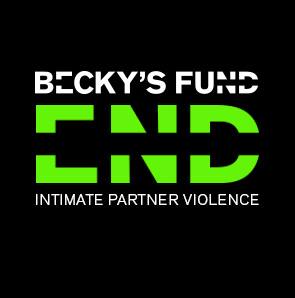
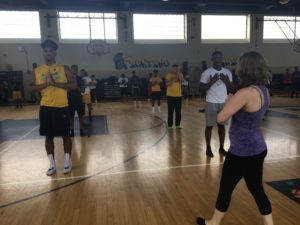
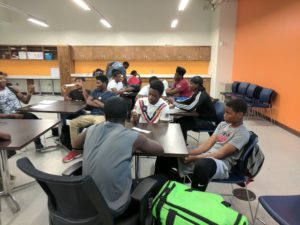
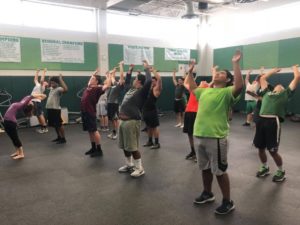
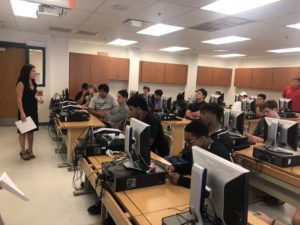
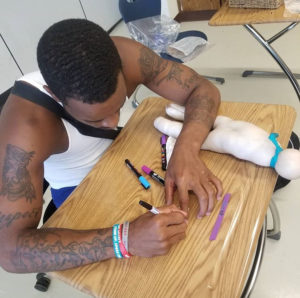
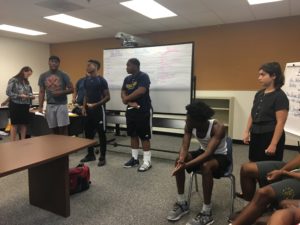

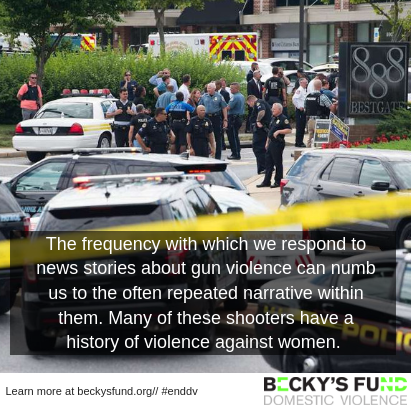
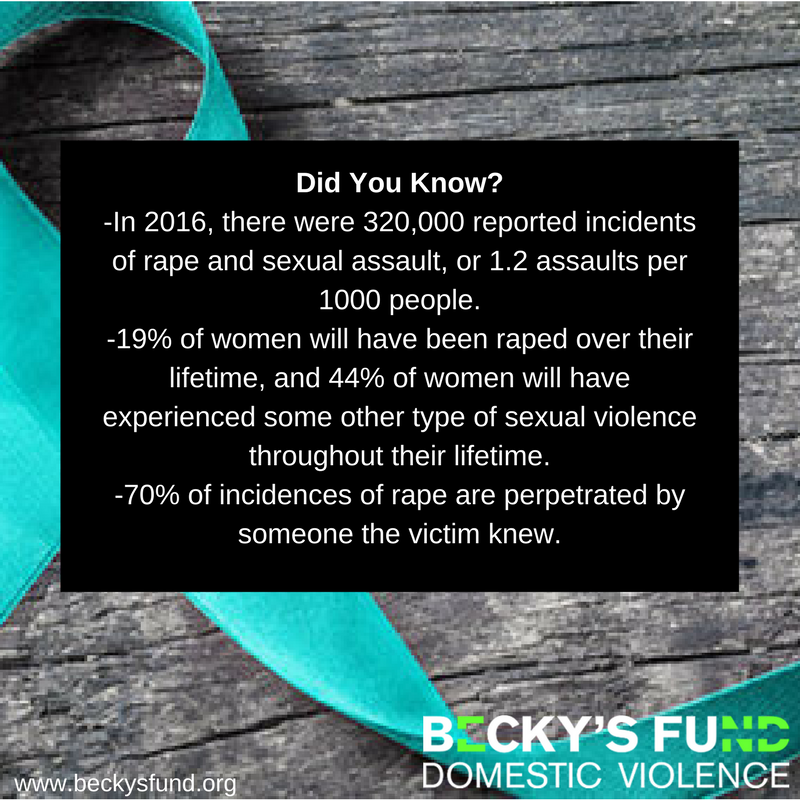
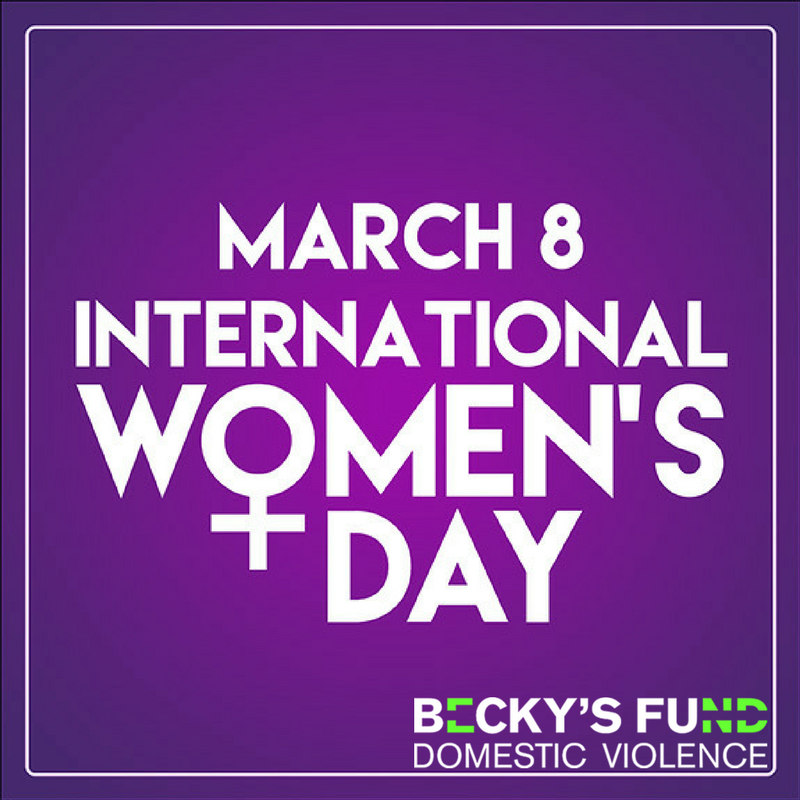



Recent Comments